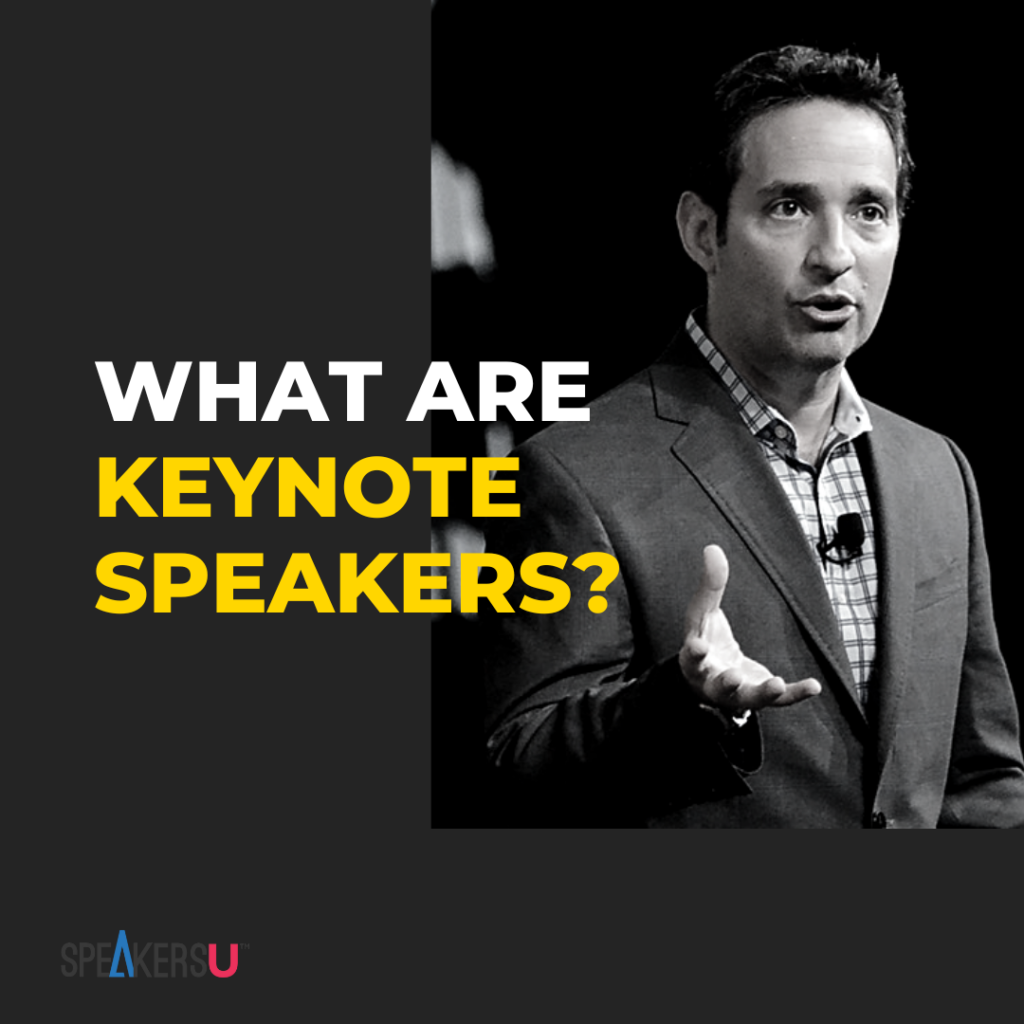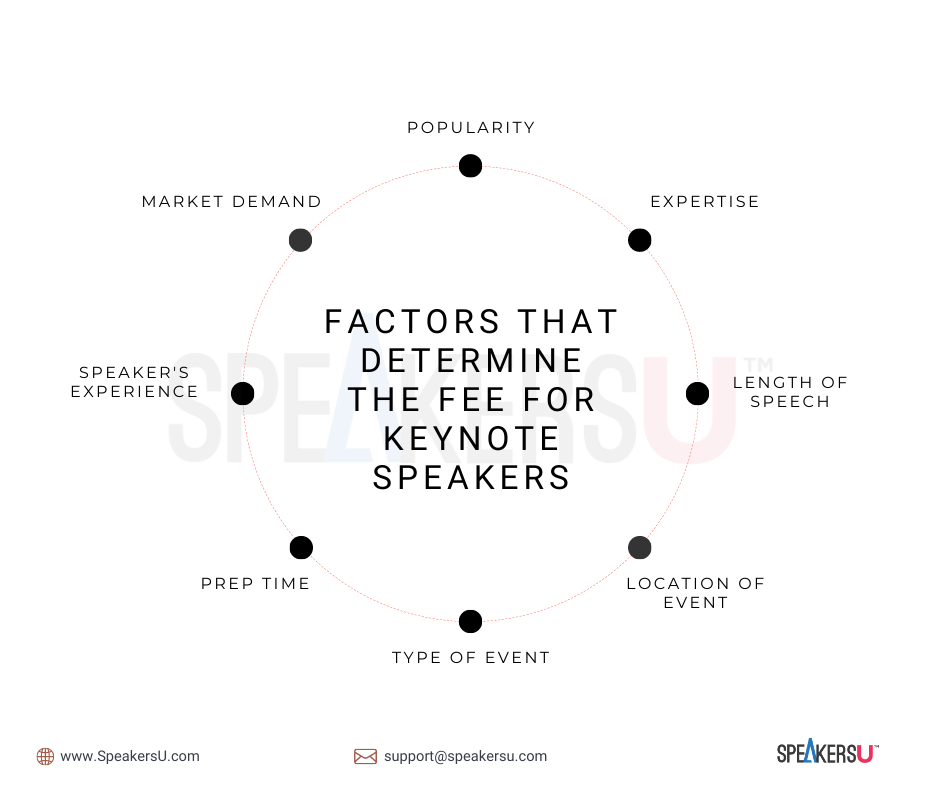Keynote speakers are individuals who are invited to deliver a speech at a conference, workshop, or event. These speeches are typically the highlight of the event and are meant to inspire, motivate, and educate the audience. Keynote speakers come from a variety of backgrounds and industries and are chosen for their expertise and ability to deliver memorable and impactful speeches.

The role of keynote speakers is to set the tone for the event and to provide the audience with a unique and valuable experience. Keynote speakers are often thought leaders in their field and are brought in to share their insights, experiences, and perspectives. They are typically given a substantial amount of time to speak and their speech is often the centerpiece of the event.
The role of keynote speakers is to set the tone for the event and to provide the audience with a unique and valuable experience. Keynote speakers are often thought leaders in their field and are brought in to share their insights, experiences, and perspectives. They are typically given a substantial amount of time to speak and their speech is often the centerpiece of the event.
Keynote speeches are designed to inspire, motivate, and educate the audience. They are meant to provide a fresh perspective and challenge the audience to think differently. Keynote speakers are often chosen for their ability to communicate complex ideas in a simple and engaging way, and to connect with their audience on a personal level. The goal of a keynote speech is to leave the audience with a new understanding or insight that they can apply to their lives or businesses.
There are many different types of keynote speakers, each with its own unique style and approach. Some of the most common types of keynote speakers include:
Business leaders: Business leaders are often sought after to deliver keynote speeches on topics related to leadership, innovation, and strategy. They are typically chosen for their expertise in their industry and for their ability to inspire and motivate others.
Entrepreneurs: Entrepreneurs are often invited to deliver keynote speeches on topics related to starting and growing a business. They are typically chosen for their experience and success in creating and scaling a business.
Influencers: Influencers are individuals who have gained a large following on social media and are known for their expertise in a particular area. They are often invited to deliver keynote speeches on topics related to social media, marketing, and branding.
Industry experts: Industry experts are individuals who have a deep understanding of a particular industry and are often invited to deliver keynote speeches on topics related to trends, challenges, and opportunities within that industry.
Thought leaders: Thought leaders are recognized for their expertise and innovation in a particular field. They are often invited to deliver keynote speeches on topics related to their area of expertise.

When negotiating with a keynote speaker, it is important to keep in mind their fee, as well as their expertise and experience. While it may be tempting to try to negotiate a lower fee, it is
important to remember that the speaker’s fee reflects the value they bring to the event.
In some cases, it may be possible to negotiate a lower fee by offering additional benefits, such as increased exposure or the opportunity to sell books or other products. It is also important to be transparent about the budget for the event and to discuss the speaker’s fee with them in advance to avoid any misunderstandings or surprises.
In conclusion, keynote speakers play an essential role in events and conferences, providing the audience with valuable insights, experiences, and perspectives. The fee charged by a keynote speaker can vary greatly, depending on several factors, including their popularity, expertise, length of speech, and location of the event. When negotiating with a keynote speaker, it is important to keep in mind their fee and to be transparent about the budget for the event.

Coach

Executive Coach

Coach

SpeakersU.com is a keynote speaker review website that provides unbiased reviews and in-depth advice to help you find the best keynote speaker for your event.